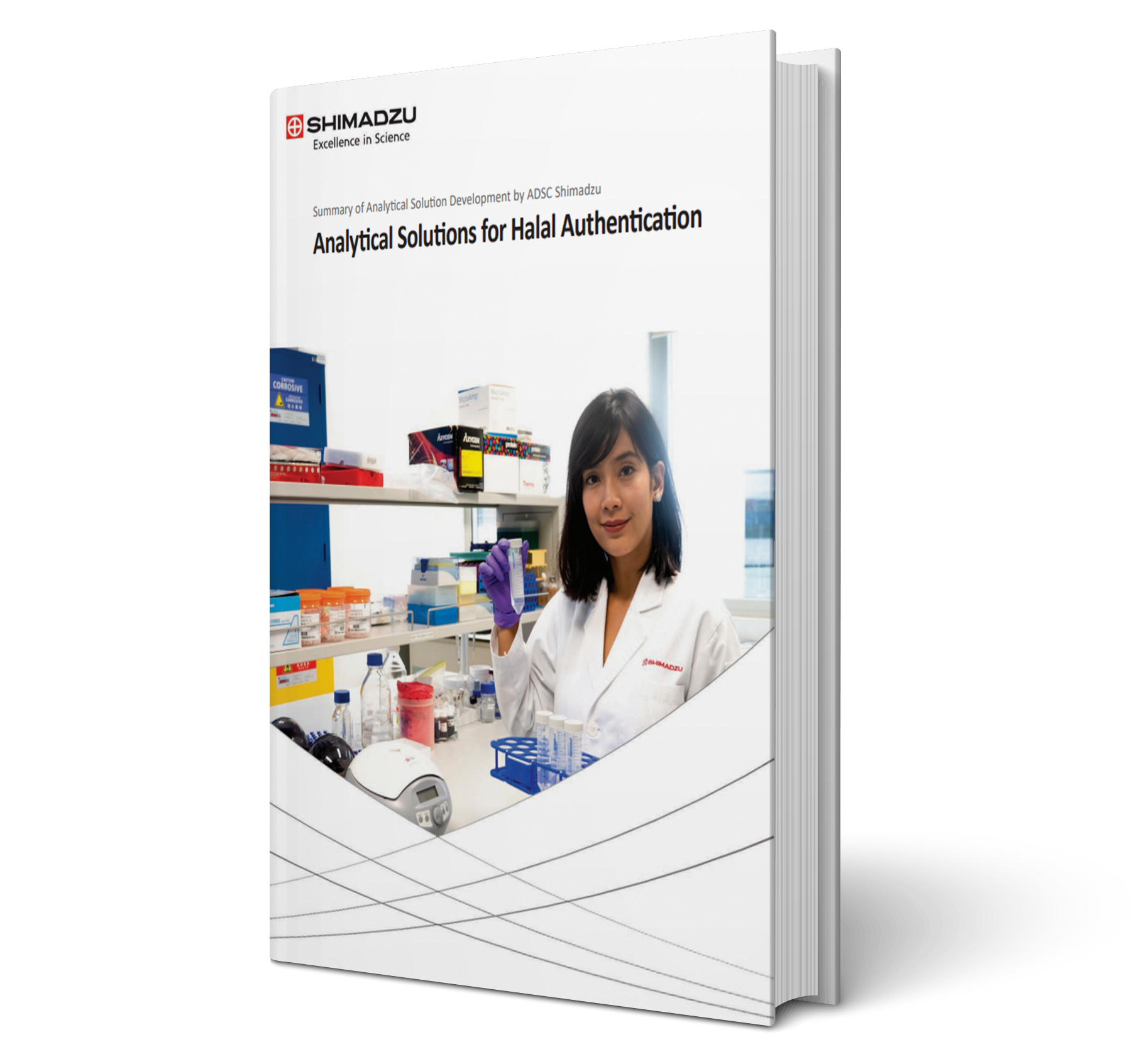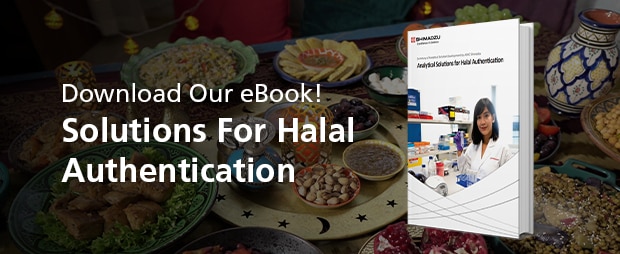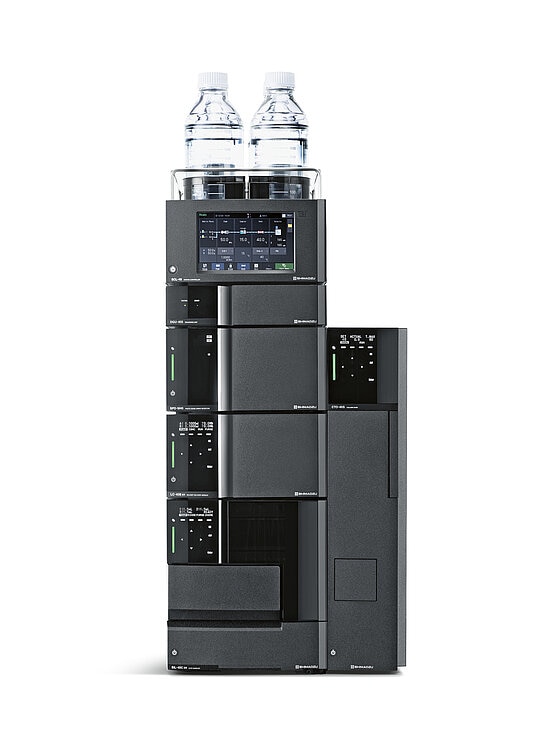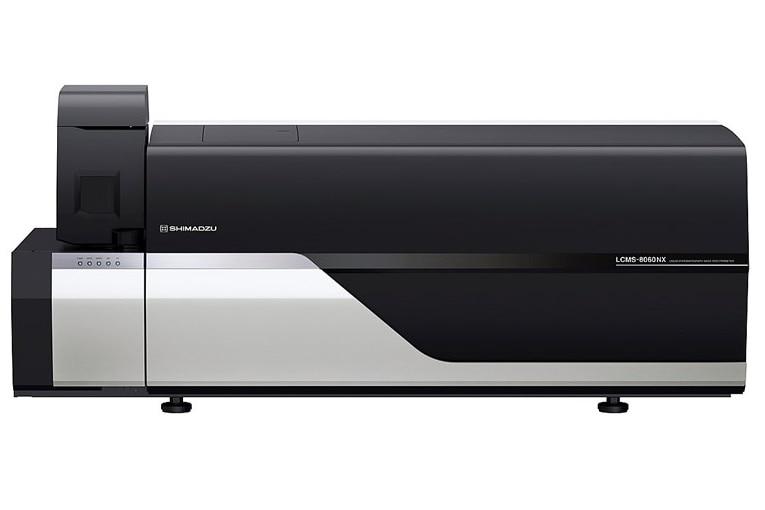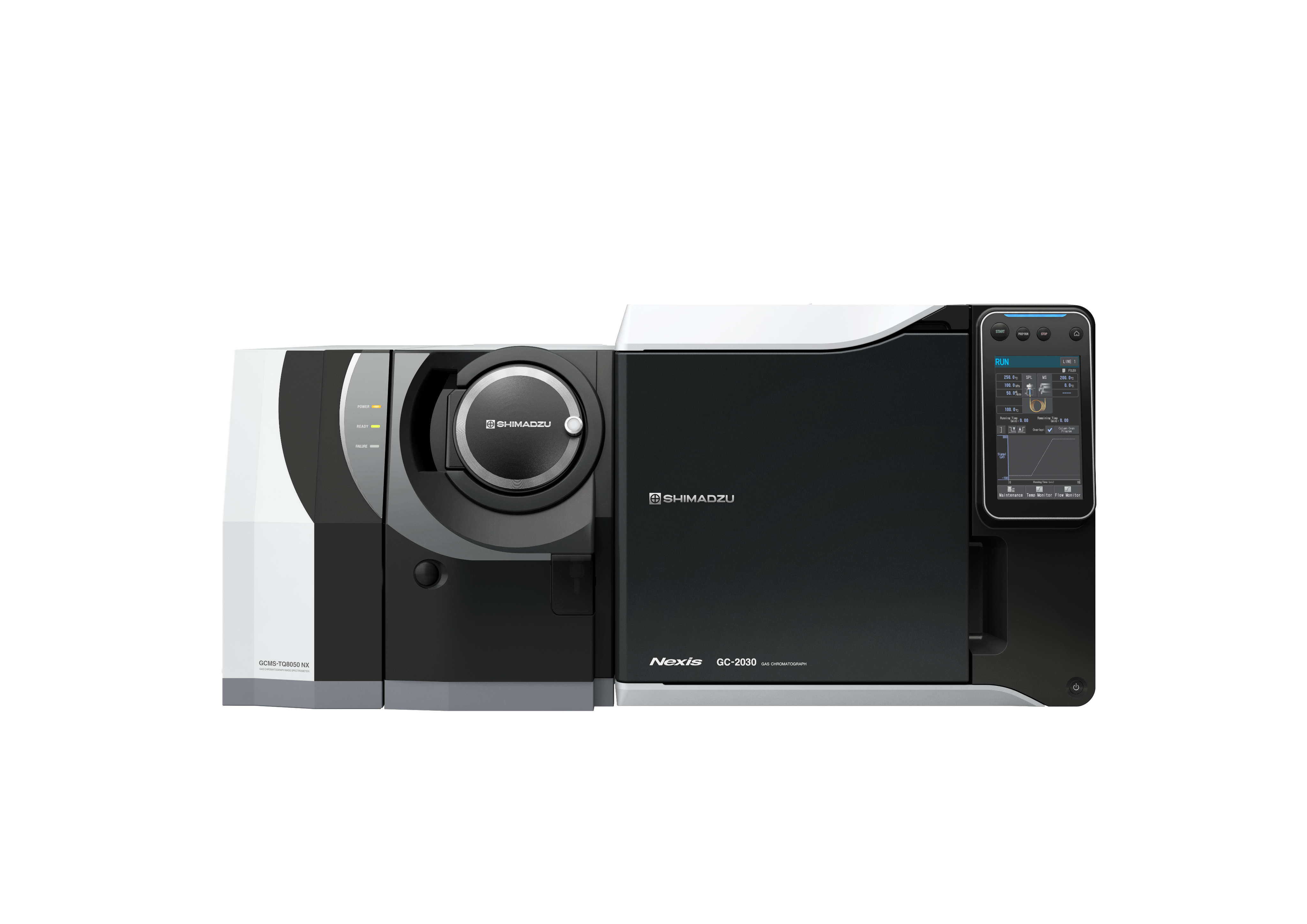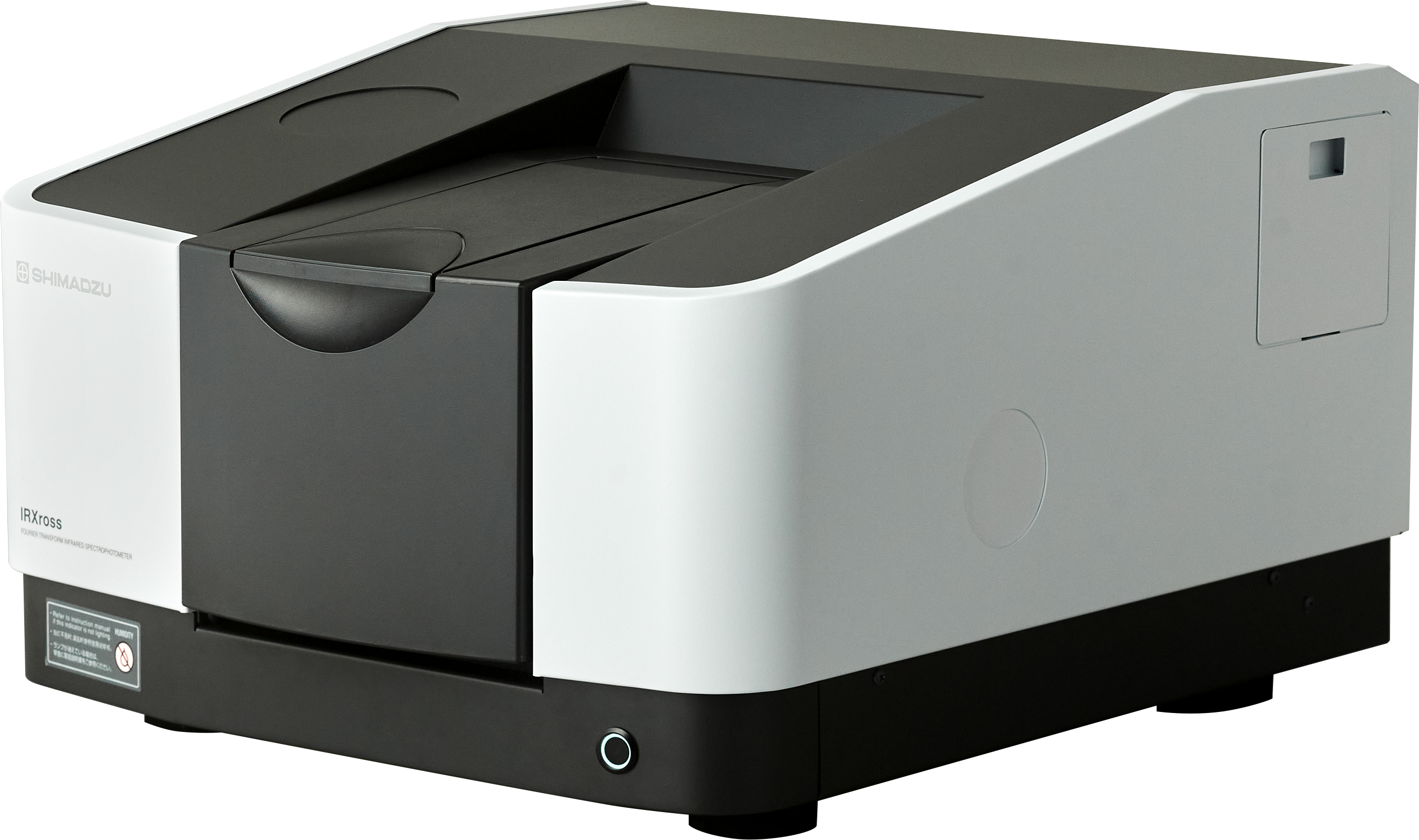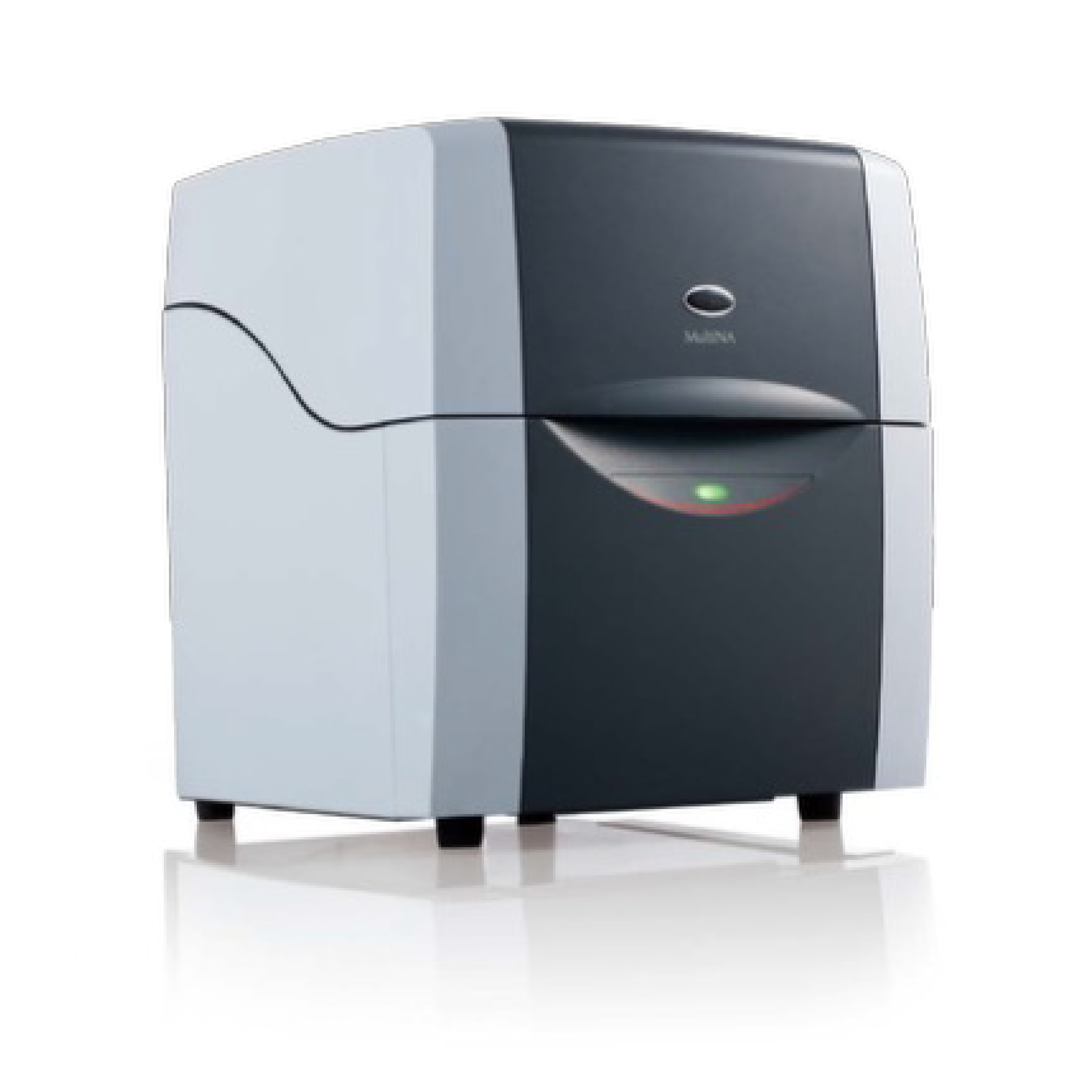Analytical Solutions For Halal Authentication
Understanding Halal vs. Haram: Importance For Product Assurance
In today’s interconnected world, where food products are traded across borders and cultures, ensuring the integrity of Halal products has become a critical concern. The accidental or intentional adulteration of pork meat and other non-Halal substances into food products presents a significant challenge for individuals adhering to religious dietary restrictions, particularly those concerning Halal or Kosher foods. For Muslims, these dietary restrictions are deeply rooted in Islamic law, or Shariah, which defines what is Halal (permissible) and Haram (prohibited).
Overall, consumers need to have the confidence that every aspect of the products they consume, from the ingredients to the processing, handling, and storage are done in proper accordance to ensure Halal integrity. Halal product assurance is not merely about meeting consumer demands; it is a matter of ethical responsibility, religious observance, and trust.
What Does Halal and Haram Mean In Food Testing Context?
-

Permissible, lawful and allowed according to Islamic law (Shariah)
Meat from animals slaughtered in accordance with Islamic law, permissible seafood, fruits, vegetables, grains, and dairy products etc.
-

Prohibited, unlawful and forbidden according to Islamic law (Shariah)
Pork and its by-products, meat from animals slaughtered not in accordance with Islamic law, carnivorous animals, alcohol, and intoxicants etc.
With these guidelines in mind, ensuring that the products are free from Haram substances is critical not only for compliance with religious practices but also for building trust with Muslim consumers globally. Herein, we will explore the different aspects of Halal testing and how Shimadzu’s state-of-the-art solutions—including LC-MS/MS, GC, FTIR, and DNA/RNA-based systems—are designed to ensure precision and reliability in Halal authentication.
Halal Quality Assurance: Detecting Prohibited Substances
Detection of Pork and Gelatin
Porcine gelatin can be found in consumer products such as food, beverages, cosmetics, or pharmaceutical products due to its gelling properties. Apart from porcine gelatin, pork meat may be found in high-quality meat products as a result of food adulteration. In both cases, LC-MS/MS analysis provides a robust and high-sensitivity method for halal authentication by detecting pork-specific peptides and porcine.
LC-MS/MS Solutions for Sensitive Detection of Porcine Peptides
Equipped with Analytical Intelligence, Shimadzu’s Nexera Series can detect and resolve critical issues automatically, thereby providing a new level of UHPLC performance. Coupled with LCMS-8060NX, which is powered by both Ultra-Fast Mass Spectrometry (UFMS) and Analytical Intelligence, the result is a fast, robust, and intelligent system that can meet the demands of halal testing needs.
Alcohol (Ethanol) Analysis in Halal Testing
The Islamic laws strictly prohibit the consumption of alcohol (ethanol). Muslims are forbidden to consume any food or beverage containing alcoholic content. Consequently, there is a requirement for developing a rapid and convenient analytical technique to detect the presence of ethanol in beverages, dairy products, vinegar, and sauces, for Halal Authentication.
GC-Based Alcohol Detection Techniques
The Living GC, Nexis GC-2030, delivers best-in-class sensitivity and reproducibility for reliable Halal testing. Its Analytical Intelligence also makes it a valuable addition to any laboratory. Using a headspace sampler, a fast, sensitive, and quantitative determination of ethanol in various aqueous food samples can be achieved with minimal sample preparation.
Detection of Lard and Animal Fats
Animal fats such as lard are typically used in food. However, there are cases where edible oils with high commercial value are adulterated with cheaper oil or lard for profit. Such adulteration practice is a commercial fraud that could lead to negative economic implications and raise religious issues. This is because Islamic law prohibits Muslims from consuming pork in any form, including lard, in food, making it crucial to perform Halal authentication.
FTIR Spectroscopy for Lard Authentication
Designed with best-in-class low noise, ultra-high sensitivity of 55,000:1 S/N, and full compliance with regulations, IRXross can easily meet the demands of users’ application needs. Moreover, with built-in Analytical Intelligence, IRXross is suitable for users regardless of skill level – multiple samples can be analyzed with a single click without the need to set parameters.
Meat Species Identification
Unintentional cross-contamination or meat adulteration of products with pork will refute the halal status of the meat. To inspect for adulteration and perform Halal authentication, species-specific DNA fragments are commonly used in meat species identification. Due to the excellent specificity and selectivity, DNA-based PCR methods and screening kits have been widely used in pork detection.
DNA/RNA Analysis Solutions (PCR, MultiNA)
MultiNA simplifies the pre-processing and detection operations in identifying meat species and enables convenient, accurate, and rapid identification of each meat species. With automated analysis of up to 108 loaded samples and automated size calculation, MultiNA provides outstanding ease of use while ensuring high throughput.
Download the Halal Authentication eBook
Determining the Halal status of processed foods presents unique challenges, as our senses cannot detect the presence of pork derivatives or alcohol in complex food matrices. To address this, cutting-edge analytical techniques have been developed to identify components such as pork meat, pork gelatin, lard, and alcohol in processed food products.
Instrumental-based Halal testing is broadly divided into two approaches: targeted and non-targeted. Non-targeted analysis generates a general sample profile and compares adulterated versus non-adulterated forms qualitatively. In contrast, targeted analysis focuses on specific markers for sample authentication, making it more suitable for method validation and routine applications.
With advancements in analytical instrumentation and technology, Halal testing is increasingly emphasizing biomarker discovery, particularly for detecting pork and its derivatives, such as gelatin and lard. DNA and peptides have emerged as species-specific markers, widely applied in Halal authentication analysis. This application solution book highlights key analytical methods for Halal testing in processed foods, beverages, edible oils, and personal care products (PCP) using Shimadzu instruments.
